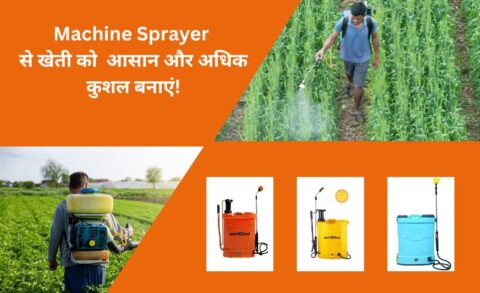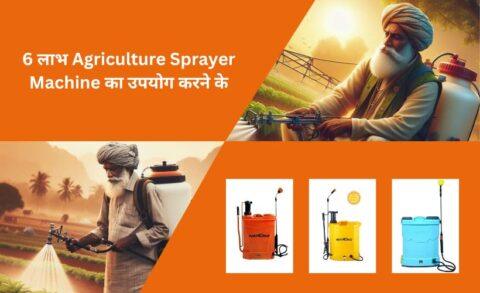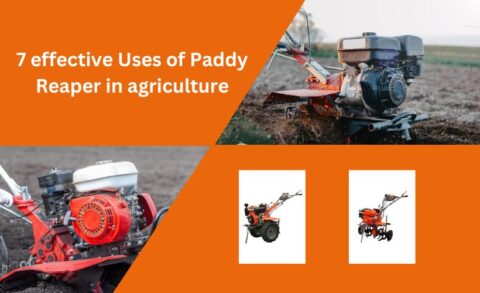Introduction
In contemporary agriculture, selecting an agriculture sprayer machine is essential to guaranteeing effective crop management and protection. Choosing the best machine sprayer might be daunting due to the abundance of options on the market, this guide seeks to make the process easier.
Advantages of Agriculture Spray Machines:
– Precision Application: To provide targeted coverage and optimal performance, sprayer pumps for agriculture apply fertilizers, herbicides, and pesticides with precision. This accuracy lessens the impact on the environment and minimizes chemical waste.
– Labor and Time Savings: Farmers can cover enormous areas in a short amount of time because of the efficiency of modern spray equipment. Farmers may concentrate on other important responsibilities because this saves time and labor.
– Versatility: To meet diverse farming needs, agricultural sprayer machines are available in a range of sizes and types. There is a machine for every purpose, whether a handheld sprayer for small-scale operations or a tractor-mounted sprayer for big fields.
– Enhanced Crop Yields: The agriculture sprayer machine helps to increase crop yields and enhance crop quality by efficiently managing pests, diseases, and weeds. As a result, communities are guaranteed food security, and farmers receive higher returns on their investments.
– Cost-Effectiveness: Although high-quality spray pumps for agriculture may need a substantial upfront expenditure, the long-term advantages greatly exceed the expenses. Over time, considerable cost reductions are achieved through less use of chemicals, higher crop yields, and labor savings.
Choosing the Right Agriculture Sprayer Machine:
– Your Requirements: Think about things like your farm’s size, the kinds of crops you raise, and the particular illnesses and pests you need to manage. This will assist in identifying the kind and capacity of spray pump for agriculture that best meets your needs.
– Investigate Different kinds: Boom sprayers, air-assisted sprayers, and mist blowers are just a few of the agricultural spray equipment kinds that are available. Examine each kind to learn about its benefits, drawbacks, and applicability to your farm.
– Examine the features and details: Consider aspects including tank capacity, nozzle technology, spray coverage, and power source. Select a device whose features suit your unique requirements and tastes.
– Enhanced Crop Yields: The agriculture sprayer machine helps to increase crop yields and enhance crop quality by efficiently managing pests, diseases, and weeds. As a result, communities are guaranteed food security, and farmers receive higher returns on their investments.
– Cost-Effectiveness: Although a high-quality spray machine may need a substantial upfront expenditure, the long-term advantages greatly exceed the expenses. Over time, considerable cost reductions are achieved through less use of chemicals, higher crop yields, and labor savings.
FAQs about Agricultural Spray Machines:
Q1. How does an air-assisted sprayer vary from a boom sprayer?
When applying spray, a boom sprayer uses a set of nozzles fixed on the boom to cover a large area. Still, an air-assisted sprayer uses a fan to produce a tailored spray pattern with better penetration and coverage.
Q2. What is the best way to adjust my spray equipment for maximum efficiency?
To attain the intended application rate, the spray machine’s flow rate and pressure must be adjusted during calibration. For information on correct calibration techniques, consult the manufacturer’s instructions or consult with agricultural specialists.
Q3. Is it possible to use my sprayer for organic farming methods?
A lot of sprayers can work with organic inputs including organic fertilizers and biopesticides. To avoid contamination, make sure you give the machine a thorough cleaning in between applications.
Q4. What safety measures ought I to follow when operating a spray machine?
When handling chemicals, always use the proper personal protection equipment (PPE), such as respirator masks, goggles, and gloves. Observe label directions, steer clear of spraying in windy circumstances, and take precautions to reduce exposure to chemicals










